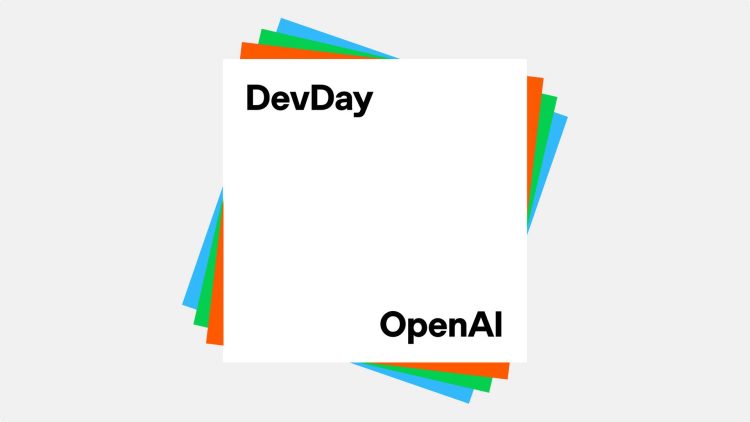OpenAI’s annual DevDay conference has traditionally been a stage for grand announcements and groundbreaking advancements in artificial intelligence. Last year’s event saw a flurry of activity, with the unveiling of new products and tools, including the GPT Store (a project that ultimately faced challenges). However, this year’s DevDay will take a decidedly different approach.
Marking a significant shift in strategy, OpenAI is transforming DevDay 2024 from a single, large-scale event into a series of intimate developer engagement sessions held across three cities: San Francisco (October 1st), London (October 30th), and Singapore (November 21st).
This move underscores a renewed focus on fostering a stronger connection with the developer community.
We’re taking OpenAI DevDay on the road! Join us this fall in San Francisco, London, or Singapore for hands-on sessions, demos, and best practices. Meet our engineers and see how developers around the world are building with OpenAI.https://t.co/VI8UNJPJcf pic.twitter.com/zlrTAsb2TT
— OpenAI Developers (@OpenAIDevs) August 5, 2024
GPT-5 won’t be arriving anytime soon
While the anticipation surrounding a potential next-generation model unveiling might be high, DevDay 2024 will not be the platform for such an announcement. Instead, the focus will be on showcasing advancements in OpenAI’s application programming interfaces (APIs) and developer services. Workshops, breakout sessions, and live demonstrations led by OpenAI’s product and engineering teams will provide developers with a deeper understanding of the existing tools and capabilities. Additionally, developer spotlights will highlight the impressive creations and innovative projects emerging from the OpenAI developer community.
OpenAI’s recent emphasis has shifted towards a more incremental approach to generative AI development. The priority appears to be on refining and optimizing existing tools while the company trains its successor to the current flagship models, GPT-4o and GPT-4o mini. This strategic shift reflects a dedication to improving overall model performance and addressing past issues related to model stability. While some may argue that OpenAI has potentially lost its previous lead in the generative AI race according to specific benchmarks, it’s crucial to recognize the ongoing efforts in core development.
Finding fuel for innovation
One potential factor influencing OpenAI’s strategic shift is the growing challenge of acquiring high-quality training data. Generative AI models, including those from OpenAI, rely heavily on massive datasets scraped from the web. However, concerns over plagiarism and a lack of attribution have led many creators to block access to their content, hindering the data collection process. Data from Originality.AI suggests that over 35% of the top 1,000 websites now actively block OpenAI’s web crawlers. Additionally, research from MIT’s Data Provenance Initiative reveals a significant portion (around 25%) of “high-quality” data sources have been restricted from major AI training datasets.

The Epoch AI research group has predicted that this trend of data access restriction could lead to a critical shortage of training data for generative AI models by 2026-2032. This, coupled with the threat of potential copyright infringement lawsuits, has forced OpenAI to pursue costly licensing agreements with publishers and data brokers.
Despite the current challenges, OpenAI continues to innovate. The company has reportedly developed a reasoning technique with the potential to improve model responses for specific areas, particularly mathematical inquiries. OpenAI’s CTO, Mira Murati, has even hinted at a future model possessing “Ph.D.-level” intelligence. These are ambitious goals and come with immense pressure to deliver. The training of complex models involves significant financial investment, with OpenAI reportedly spending billions on computational resources and top-tier research staff.
Finally prioritizing AI safety?
OpenAI continues to grapple with controversies surrounding the use of potentially copyrighted data for training, restrictive employee non-disclosure agreements (NDAs), and concerns about marginalized safety researchers feeling pushed out of the conversation. This strategic shift towards a slower development cycle could have an unexpected benefit—counteracting the narrative that OpenAI has sacrificed focus on AI safety in favor of rapid advancement in generative AI technologies.
By prioritizing developer engagement and API refinement, OpenAI appears to be entering a new chapter focused on building a robust foundation and fostering a thriving developer ecosystem. While the wait for the next generation model might be extended, this shift signifies a potential recommitment to long-term, sustainable development that incorporates safety and transparency into the heart of AI advancements.
Featured image credit: OpenAI Developers/X





